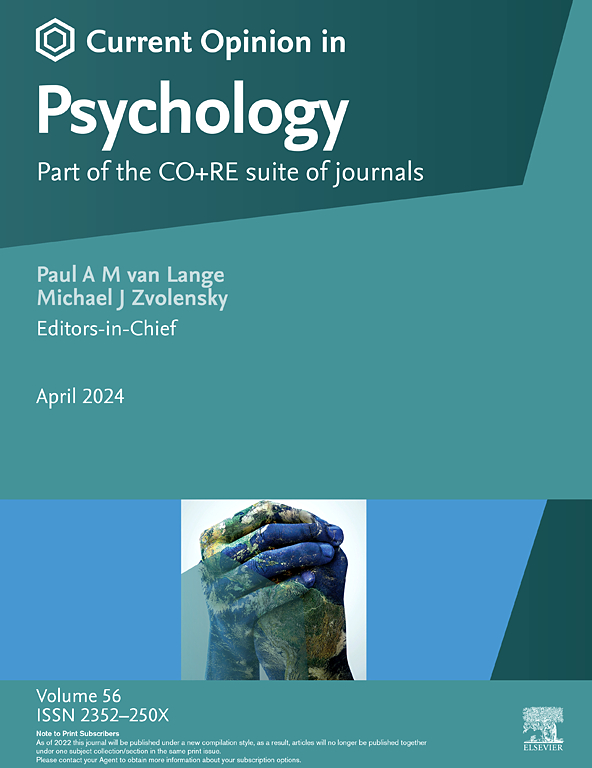The healing power of nature. Biophilic design applied to healthcare facilities
IF 6.3
2区 心理学
Q1 PSYCHOLOGY, MULTIDISCIPLINARY
引用次数: 0
Abstract
Healthcare facilities and hospitals are environments where stress and anxiety are commonly experienced. Empirical evidence highlights the positive impact of incorporating natural elements in these settings on health and well-being for individuals and communities. This article reviews recent literature on the application of biophilic design in healthcare environments, examining its beneficial effects on both individual and social well-being. The main principles of biophilic design are outlined and summarized. Recent systematic and scoping reviews confirm that biophilic principles enhance patient well-being, support recovery, and improve the overall quality of healthcare environments. Experimental studies further demonstrate that higher levels of biophilic integration, including virtual nature experiences, are particularly effective in reducing stress and enhancing perceived care quality. Moreover, the literature has also highlighted the benefits of biophilic and healthcare environments on the social dimensions of well-being. Future studies should further explore how biophilic design influences social interactions and well-being, for both patients and healthcare professionals.
大自然的治愈力量。应用于医疗设施的亲生物设计
医疗机构和医院是人们经常经历压力和焦虑的环境。经验证据突出了在这些环境中纳入自然因素对个人和社区的健康和福祉的积极影响。本文回顾了最近关于亲生物设计在医疗环境中的应用的文献,研究了它对个人和社会福祉的有益影响。概述和总结了亲生物设计的主要原则。最近的系统和范围审查证实,亲生物原则增强患者福祉,支持康复,并提高医疗保健环境的整体质量。实验研究进一步表明,更高水平的亲生物整合,包括虚拟自然体验,在减轻压力和提高感知护理质量方面特别有效。此外,文献还强调了亲生物和医疗保健环境对福祉的社会层面的好处。未来的研究应进一步探讨亲生物设计如何影响社会互动和健康,为患者和医疗保健专业人员。
本文章由计算机程序翻译,如有差异,请以英文原文为准。
求助全文
约1分钟内获得全文
求助全文
来源期刊

Current Opinion in Psychology
PSYCHOLOGY, MULTIDISCIPLINARY-
CiteScore
12.10
自引率
3.40%
发文量
293
审稿时长
53 days
期刊介绍:
Current Opinion in Psychology is part of the Current Opinion and Research (CO+RE) suite of journals and is a companion to the primary research, open access journal, Current Research in Ecological and Social Psychology. CO+RE journals leverage the Current Opinion legacy of editorial excellence, high-impact, and global reach to ensure they are a widely-read resource that is integral to scientists' workflows.
Current Opinion in Psychology is divided into themed sections, some of which may be reviewed on an annual basis if appropriate. The amount of space devoted to each section is related to its importance. The topics covered will include:
* Biological psychology
* Clinical psychology
* Cognitive psychology
* Community psychology
* Comparative psychology
* Developmental psychology
* Educational psychology
* Environmental psychology
* Evolutionary psychology
* Health psychology
* Neuropsychology
* Personality psychology
* Social psychology
 求助内容:
求助内容: 应助结果提醒方式:
应助结果提醒方式:


